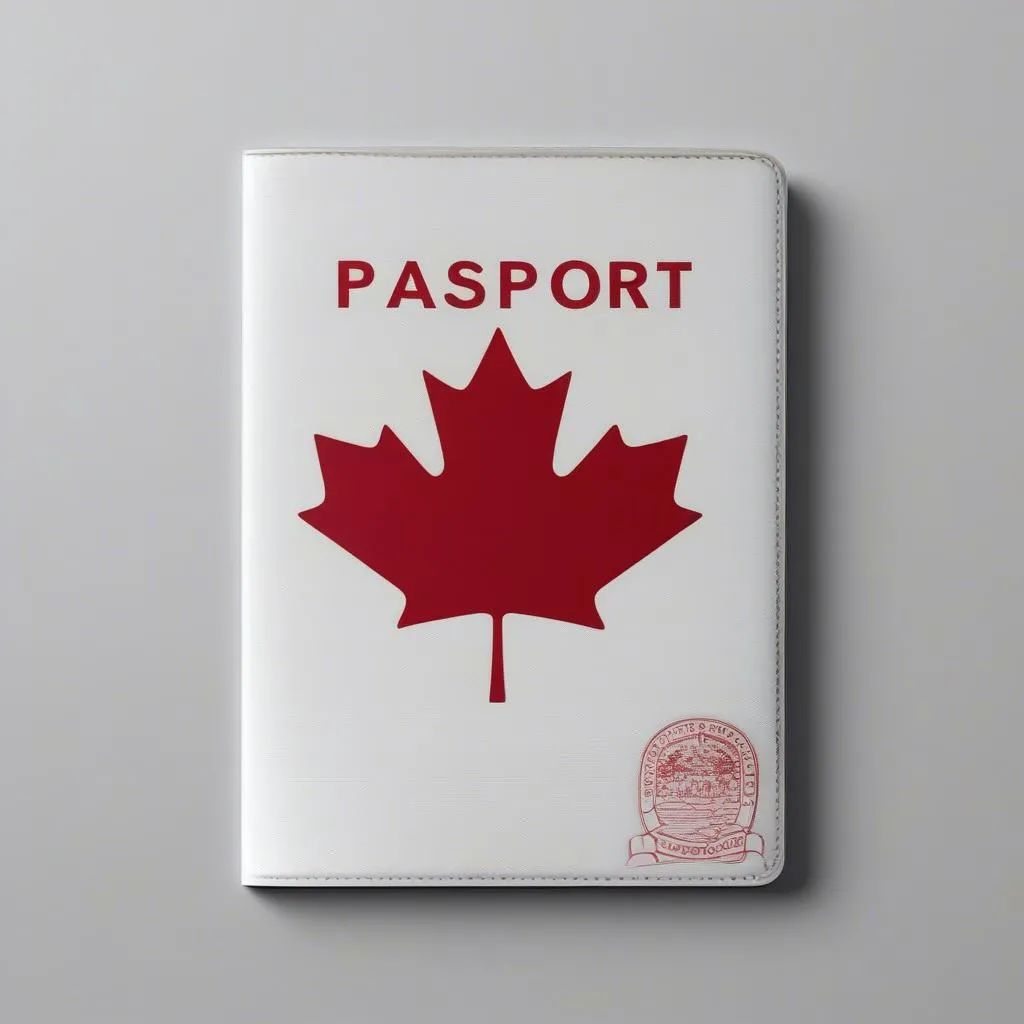“The world is a book and those who do not travel read only one page.” – Saint Augustine. This couldn’t be truer, especially for Canadians dreaming of exploring the cobbled streets of Europe, indulging in delectable pastries in a Parisian cafe, or witnessing the Northern Lights dance across the Icelandic sky. But the question often arises: are Canadians allowed to travel to Europe?
This comprehensive guide will delve into everything you need to know about Canadians traveling to Europe, ensuring your journey is nothing short of spectacular.
Traveling to Europe as a Canadian: What You Need to Know
Good news! Canadians enjoy relatively easy access to Europe. For stays under 90 days within a 180-day period, you generally won’t need a visa for most European countries. However, a valid passport with at least six months of validity remaining after your intended return date is essential.
The Schengen Area and Beyond
The Schengen Area, comprising 26 European countries, allows Canadians visa-free travel for tourism or business purposes. This means you can move freely between these countries without border checks, much like traveling within Canada.
Countries within the Schengen Area:
Austria, Belgium, Czech Republic, Denmark, Estonia, Finland, France, Germany, Greece, Hungary, Iceland, Italy, Latvia, Liechtenstein, Lithuania, Luxembourg, Malta, Netherlands, Norway, Poland, Portugal, Slovakia, Slovenia, Spain, Sweden, and Switzerland.
Countries outside the Schengen Area:
While not part of the Schengen agreement, countries like the United Kingdom and Ireland also allow visa-free entry for Canadians for a specific period. However, it’s crucial to verify the specific entry requirements for each country you plan to visit, as rules can change.
Beyond the 90-Day Limit
If you dream of extending your European adventure beyond 90 days, you’ll need to apply for a long-stay visa or a residence permit from the specific country you wish to stay in. The requirements for these visas vary depending on the country and purpose of your stay, so it’s best to contact the respective embassy or consulate well in advance.
Planning Your European Adventure
Budgeting for Your Trip
Europe offers a diverse range of travel experiences to suit every budget. From budget-friendly hostels in Prague to luxurious hotels overlooking the Swiss Alps, you’ll find accommodation options for every taste and pocket.
Here’s a rough estimate of daily expenses:
- Budget: €50-€100 per day
- Mid-range: €100-€250 per day
- Luxury: €250+ per day
Best Time to Visit Europe
Europe is a year-round destination, each season offering a unique charm. Spring (March-May) welcomes blooming flowers and pleasant weather, perfect for exploring cities like Amsterdam and Copenhagen. Summer (June-August) sees long sunny days ideal for beach vacations along the French Riviera or island hopping in Greece. Autumn (September-November) paints landscapes in vibrant hues, making it an excellent time for road trips through Tuscany or wine tasting in Bordeaux. Winter (December-February) transforms into a winter wonderland, offering magical Christmas markets in Germany and skiing adventures in the Alps.
Transportation within Europe
Europe boasts an efficient and well-connected transportation system. High-speed trains connect major cities, budget airlines offer affordable flights, and car rentals provide flexibility for exploring hidden gems.
Travel Tip: Consider investing in a Eurail pass for cost-effective train travel, especially if you plan on visiting multiple countries.
 Eurail Pass
Eurail Pass
Essential Tips for Canadian Travelers in Europe
- Travel Insurance: Don’t leave home without it! Ensure your travel insurance covers medical emergencies, trip cancellations, and lost luggage.
- Currency Exchange: While some countries accept Canadian dollars, it’s generally best to exchange your currency for Euros or the local currency of your destination.
- Local Customs: Familiarize yourself with local customs and etiquette to avoid any faux pas. For instance, learning a few basic phrases in the local language can go a long way.
- Safety First: Be aware of your surroundings, especially in crowded tourist areas. Keep your valuables safe and avoid displaying large sums of cash.
FAQs
1. Do I need a visa to travel to Europe as a Canadian citizen?
For stays under 90 days within a 180-day period, Canadian citizens generally do not need a visa for most European countries. However, you will need a valid passport.
 Passport
Passport
2. Can I use my Canadian driver’s license in Europe?
While your Canadian driver’s license is generally valid for a limited time in most European countries, it’s recommended to obtain an International Driving Permit (IDP) for hassle-free travel.
3. What is the best way to get around Europe?
Europe offers excellent transportation options, including high-speed trains, budget airlines, and car rentals. Consider a Eurail pass for cost-effective train travel.

